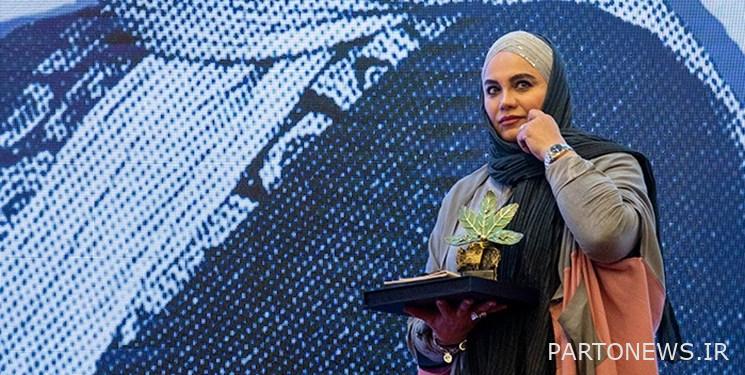The common experience of war-torn women by Narges Abyar

According to Fars News Agency, a panel discussion on women’s experiences from war zones was held yesterday at York University in Canada with the participation of a group of women activists from Iraq, Afghanistan, Syria, Somalia and Bosnia. Narges Abyar, an Iranian filmmaker who has made several war-related films in her repertoire, said at the meeting: “The story of mothers whose children have never returned from the war is common to all human war experiences.”
Regarding the issue of war and women in the eight years of holy defense, he said: “The Iran-Iraq war is one of the longest wars in the world in the last hundred years. It lasted 8 years and left nearly 200,000 martyrs, 700,000 wounded and 40,000 prisoners for Iran.” Has laid. The truth is that the horrific consequences of the war do not even fit into these shocking figures; in these eight years, thousands of mothers have lost their children, thousands of women have lost their wives, and thousands of daughters, fathers and brothers. These are just some of the consequences of the war that was imposed on our country, and this war in Iraq, which is fighting on the opposite front, has certainly had serious consequences.
The director of “Sheyar 143” continued: “As a filmmaker whose constant concern has been the subject of war, I do not intend to draw a line, because war is unpleasant and heinous in any part of the world and from any point of view, but as a citizen of a land that She herself is a victim of war and aggression and has biological experience in the longest war of the last century, I want to say that more than the prisoners and the wounded and even more than the killed, women are the real victims of war. The experience of war for women is more of a qualitative experience than a quantitative one in relation to numbers.
* Many mothers are still waiting for their children
The Iranian director and writer commented on the women’s view of the war: For some women, the war is not over, more than 30 years have passed since the Iran war, but many mothers are still waiting for their children, young boys who have gone to war. There is no trace of them and after many years there is still no news that they are alive or killed. These mothers live in purgatory and are unaware of the captivity and injury of their children.
The director of “Nafs” said about the commonalities of the impact of war on women: “In war, another aspect of life is revealed that is less visible in normal circumstances, so war is always a source of hesitation and thinking for me as a filmmaker, and I want it in my films.” Narrate it. The Iran-Iraq war, due to its long duration and many years, still has many unheard stories and untold stories to tell, these stories are kind of universal and tangible and believable for any country and land that has experienced the war. The story of mothers whose children never returned from the war is common to all human war experiences.
He continued: “Iranian women and mothers are no exception to this rule. We have mothers who lost four or five of their young sons in the war, women who lost their husbands and raised their children alone, or women who They have lived with veterans who have lost their limbs or eyes and limbs and have endured many hardships and continue to suffer. Perhaps the deepest sufferings have been suffered by women whose husbands are psychiatric veterans, men Who have suffered severe neurological and psychological damage during the chemical bombings.
In the end, Abyar said: “War and its hardships can be talked about for hours, books can be written and movies can be made.” Making a film is the only pleasant thing I can do and I am eager for it, and although the war provides pure and dramatic story situations for the filmmaker, I am still willing to give up my desire to make a film, provided that nowhere Do not fire a single bullet from the world with the intention of war.
In this meeting, in addition to Narges Abyar; A group of women activists such as Elena Heydari and Asma Faizi from Afghanistan, Adela Josic from Bosnia, Ms. Rahim Latif and Khawaleh Musa and Fatin Ahmad Jamil from Iraq, Mania Al-Nader from Syria, Mason Al-Masri from Syria and Istar Ahmed from Somalia were present.
End of message /
You can edit this post
Suggest this for the front page
.

